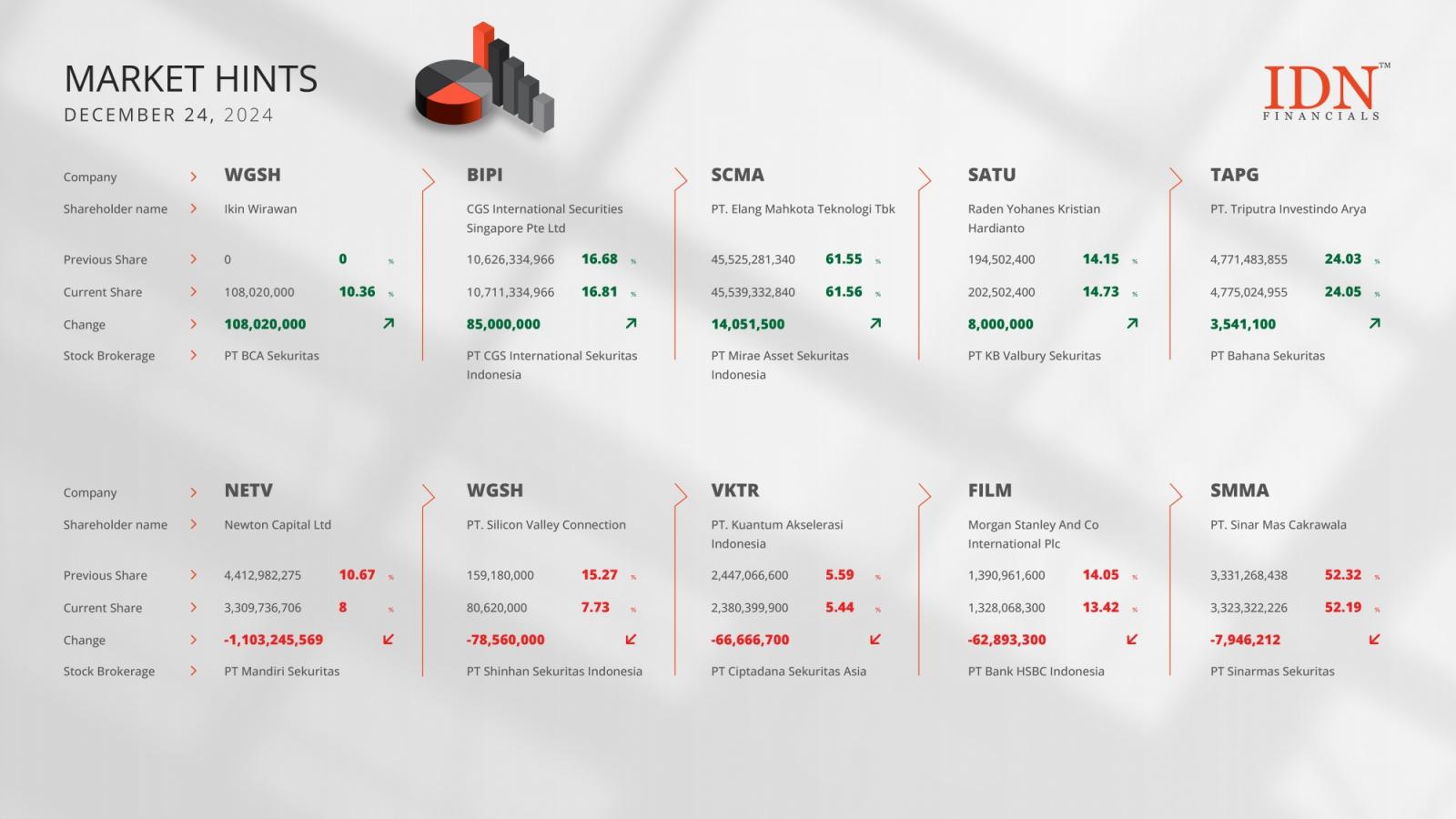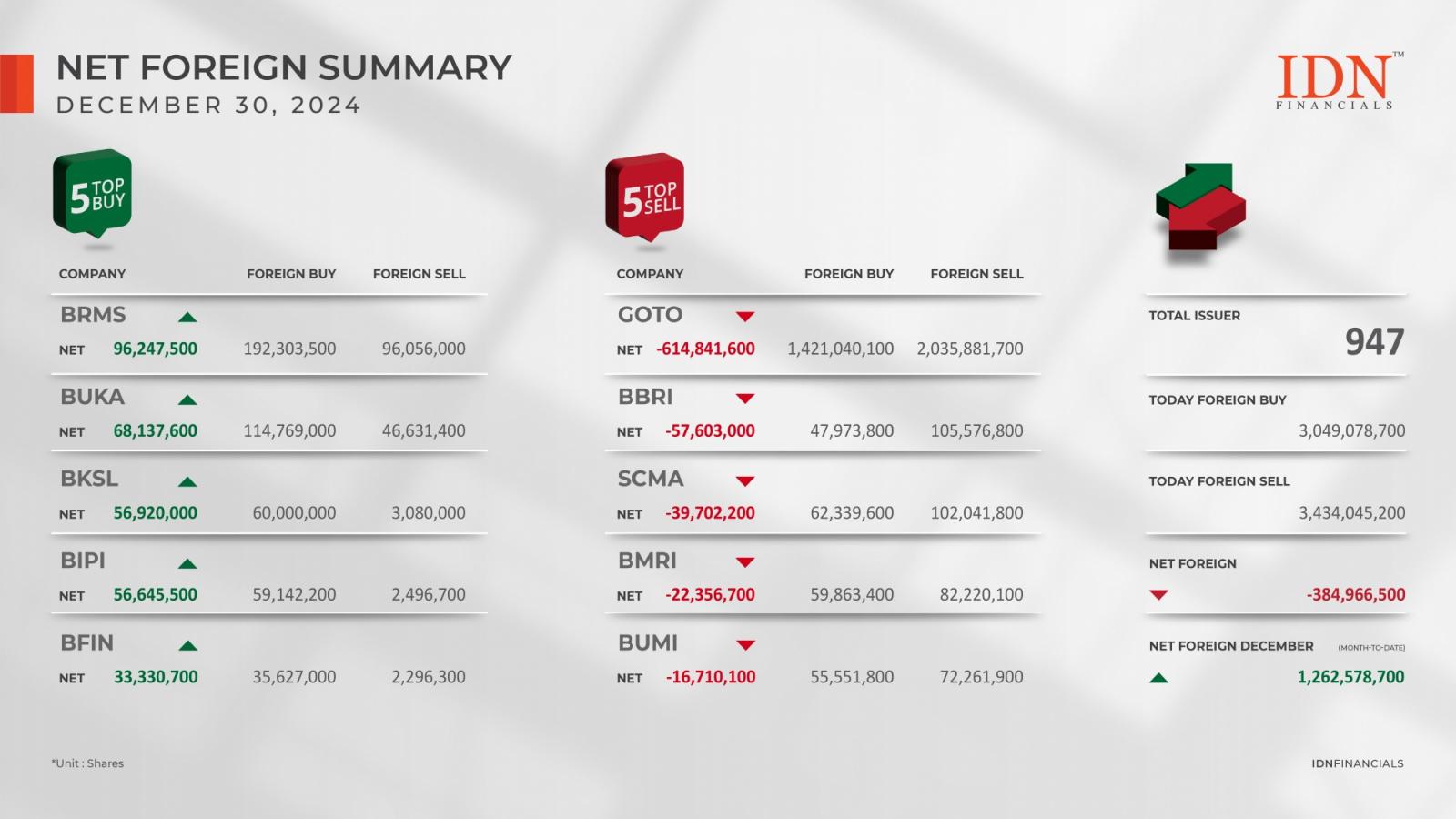Bitcoin users are currently facing difficulties with high transaction fees as the blockchain becomes congested once more, although the cause may be different from what some might expect.
Data from mempool.space, a platform that provides information on Bitcoin transactions, reveals that a medium-priority Bitcoin transaction now costs $34.08 to be processed promptly.
Over 333,400 unconfirmed transactions are waiting in line for confirmation.
As has been the case in previous instances of high Bitcoin fees, many members of the cryptocurrency community on Twitter expressed frustration with Bitcoin’s limited transaction capacity and advocated for the adoption of more efficient layer 2 solutions and sidechains.
On the other hand, Bitcoin miners are enjoying increased revenue due to the surge in fees, earning over double the amount of Bitcoin per block.
Bitcoin hashprice is screaming toward $0.08/th as fees pump. A nice windfall for miners to end the week. pic.twitter.com/LJ5UQiMRNA
— Marty Bent (@MartyBent) June 7, 2024
Bitcoin Network Congestion Not Related to Ordinals
Surprisingly, the cause of the congestion is not related to the Ordinals or Runes protocols, which have previously driven fees to exorbitant levels.
CryptoQuant, a cryptocurrency analytics platform, identified OKX, a prominent crypto exchange based in Seychelles and currently the third-largest in the world by trading volume, as the main culprit behind Bitcoin’s congestion.
Julio Moreno, the Head of Research at CryptoQuant, explained on Twitter that OKX’s internal transactions to consolidate outputs have led to the spike in fees.
When users want to send Bitcoin from their wallets to another wallet, they have to pay transaction fees on each unspent transaction output (UTXO) in their wallet.
This can result in significant fees for large transfers.
Exchanges, in particular, deal with numerous small incoming transactions and large outgoing transactions.
To mitigate fees, exchanges consolidate their UTXOs by spending them all at once when network fees are low, combining them into larger outputs within the same wallet.
However, when a major exchange engages in this consolidation process, it can drive up fees across the entire network, causing inconvenience for other users.
Developers Forsee Programmability as Next Catalyst for Bitcoin
A group of developers believes introducing programmability to the Bitcoin blockchain could drive the next rally for the largest cryptocurrency.
While Bitcoin is currently seen as digital gold, with its primary use being a store of value, developers argue that the addition of programmability would unlock a range of functionalities and applications.
Unlike its rival Ether, which allows for the creation of smart contracts and the development of decentralized applications on the Ethereum network, the Bitcoin blockchain lacks the ability to support such features.
Over the years, developers have attempted to address this limitation by creating “Layer 2” networks like Lightning, aimed at scaling Bitcoin for payment applications.
However, many of these solutions have proven unreliable, and the associated bridges, used to transfer tokens between networks, have been susceptible to hacks, leading to user apprehension.





